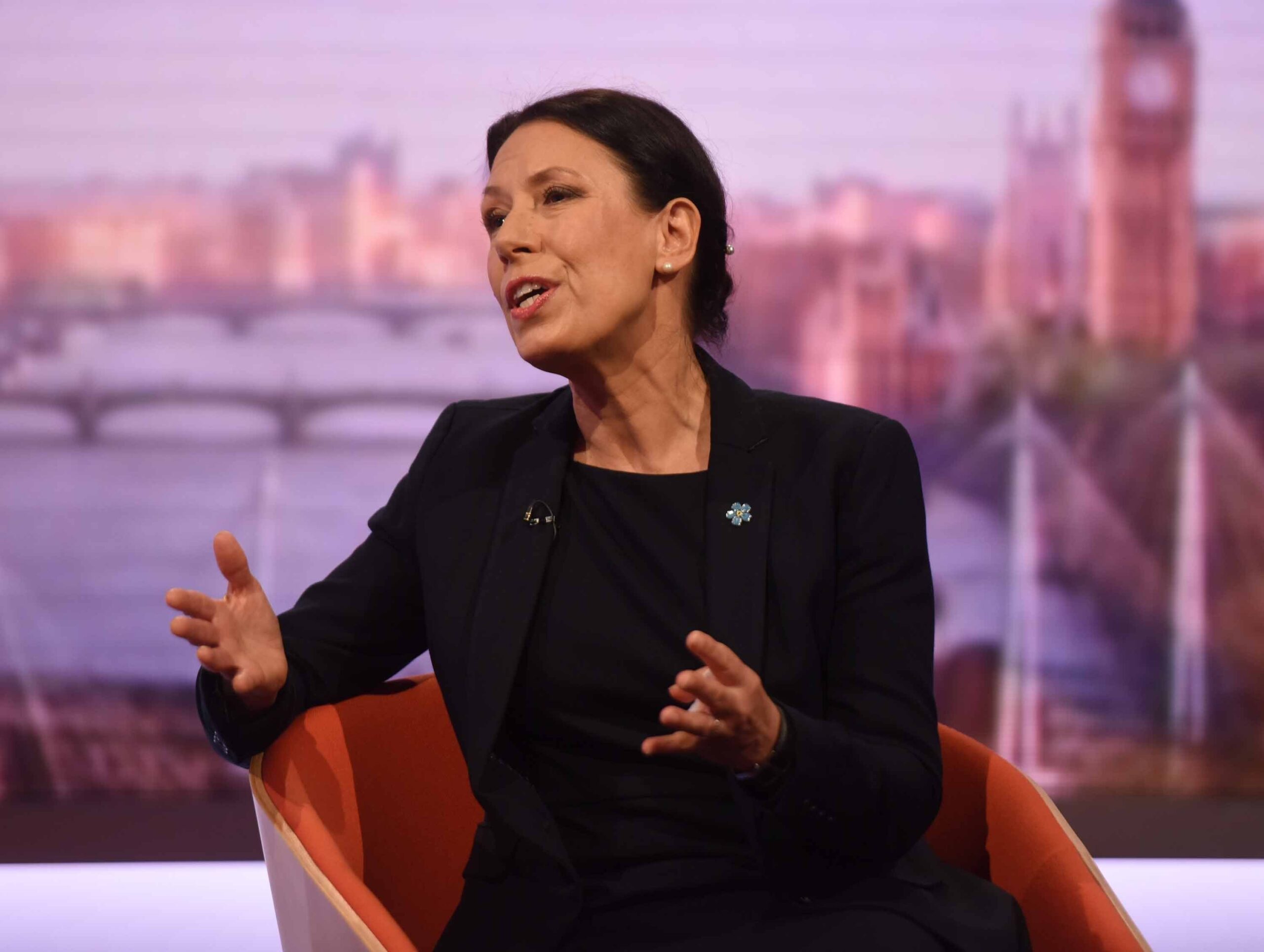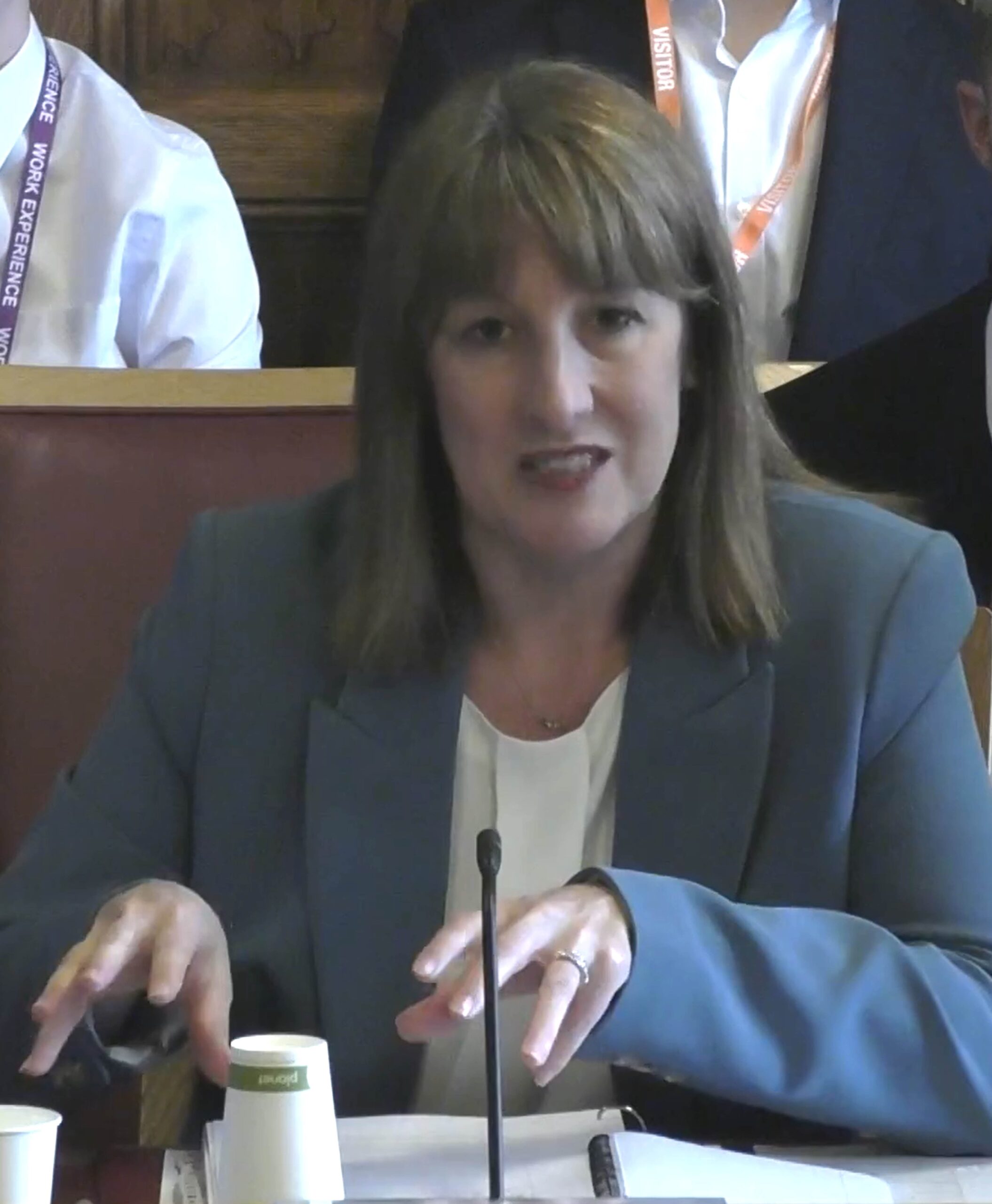Ministers should ensure a retired people have a minimum level of income to prevent a surge in pensioner poverty, MPs have warned.
It comes after the work and pensions secretary Liz Kendall said Britain faced a “tsunami of pensioner poverty” without major reform to the system as she opened the door to an increase in the state pension age.
Age UK has found that two million pensioners are already in poverty, with the number expected to rise.
Now MPs on the Commons Work and Pensions Committee say a new national strategy to tackle the problem among older people is needed.
They have urged the government to set and deliver a minimum level of retirement income, enough for a “dignified, socially acceptable standard of living” in later life.

The report also warns that, as people age, the health and social care systems risk becoming unsustainable if ministers fail to tackle the effect poverty has on ill-health.
Among the worrying long-term trends that “threaten to undermine pension adequacy”, are people renting into later life, the report adds.
It also calls for ministers to ensure those entitled to pensions credits of up to £4,000 a year receive them.
Current take up is under 70 per cent, with an estimated 700,000 households missing out.

Receiving pension credit can also help older people access other benefits such as housing benefit, council tax support, the warm homes discount, a free TV licence, and help with their dental treatment.
The report warns: “After a decline in pensioner poverty in the 2000s, the number of pensioners in relative low income started to rise again from 2010. This has been exacerbated by increases in the cost of living since 2021.”
It continued: “In practice, this means cutting back on essentials, like food, energy use and seeing friends, in an attempt to manage costs. Health experts explained the implications for health. Financial hardship can accelerate the ageing process, making it more likely that an older person will enter hospital or need care.”
Debbie Abrahams, the Labour MP who chairs the committee, said: “To boost incomes, the government needs to come up with a strategy to increase pension credit take-up. It’s a scandal that so many have missed out for so many years, often through an aversion to claiming benefits altogether, or lack of support.”
She added: “Ultimately, the government should decide what it thinks is enough for a dignified retirement, and then work to ensure that all pensioners are on at least that level.
“Faced with a combination of high energy costs, ill-health and ever higher rates of pensioners in more costly privately rented accommodation, tackling pensioner poverty is not simply a DWP (Department for Work and Pensions) issue. So, we’re calling for a nationwide, cross-government strategy for an ageing society that should be rooted in equity and wellbeing.”

On Tuesday, chancellor Rachel Reeves said that a review into raising the state pension age is needed to ensure the system was “sustainable and affordable”.
The state pension age is currently 66, but will rise to 67 by 2028.
A government spokesperson said: “Supporting pensioners is a top priority, and thanks to our commitment to the triple lock, millions will see their yearly state pension rise by up to £1,900 by the end of this parliament.
“We have also run the biggest-ever campaign to boost pension credit take-up, with nearly 60,000 extra pensioner households being awarded the benefit, worth on average around £4,300 a year.
“But we know there is a real risk that tomorrow’s pensioners will be poorer than today’s, which is why we are reviving the Pension Commission, to tackle the barriers that stop too many people from saving.”
Caroline Abrahams, charity director at Age UK, said: “We warmly welcome this thoughtful and wide-ranging select committee report, which comes closer to providing a thorough and progressive strategic overview of the issues facing older people on low incomes and proposing workable solutions than anything successive governments have produced in recent years.”
